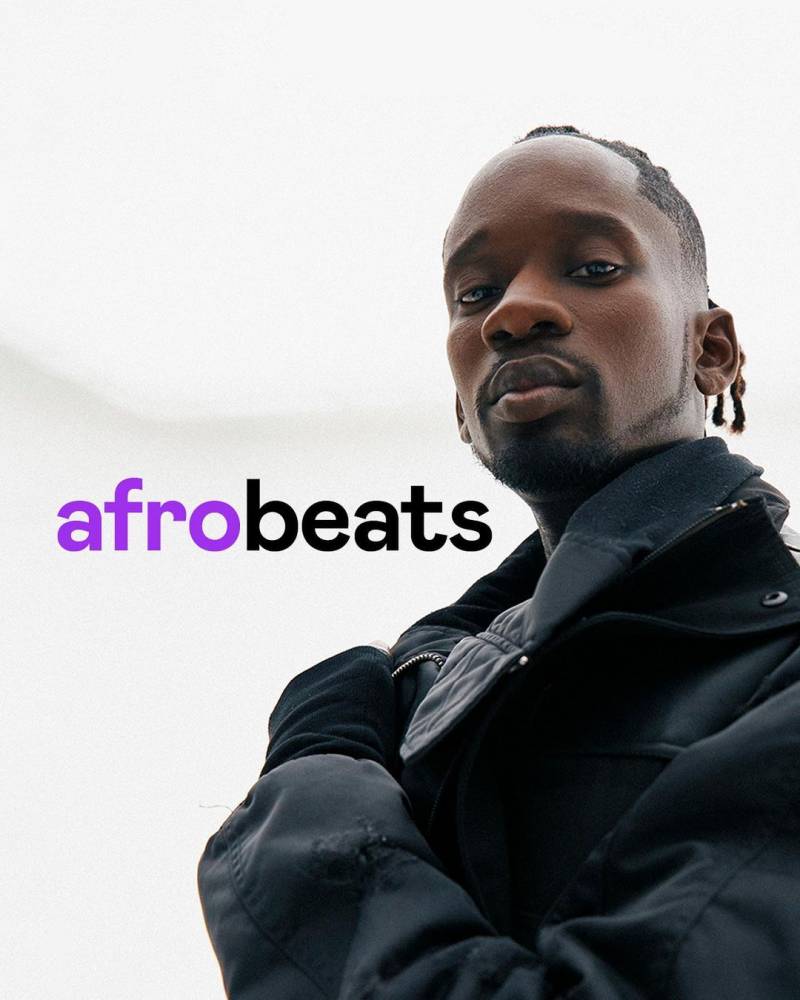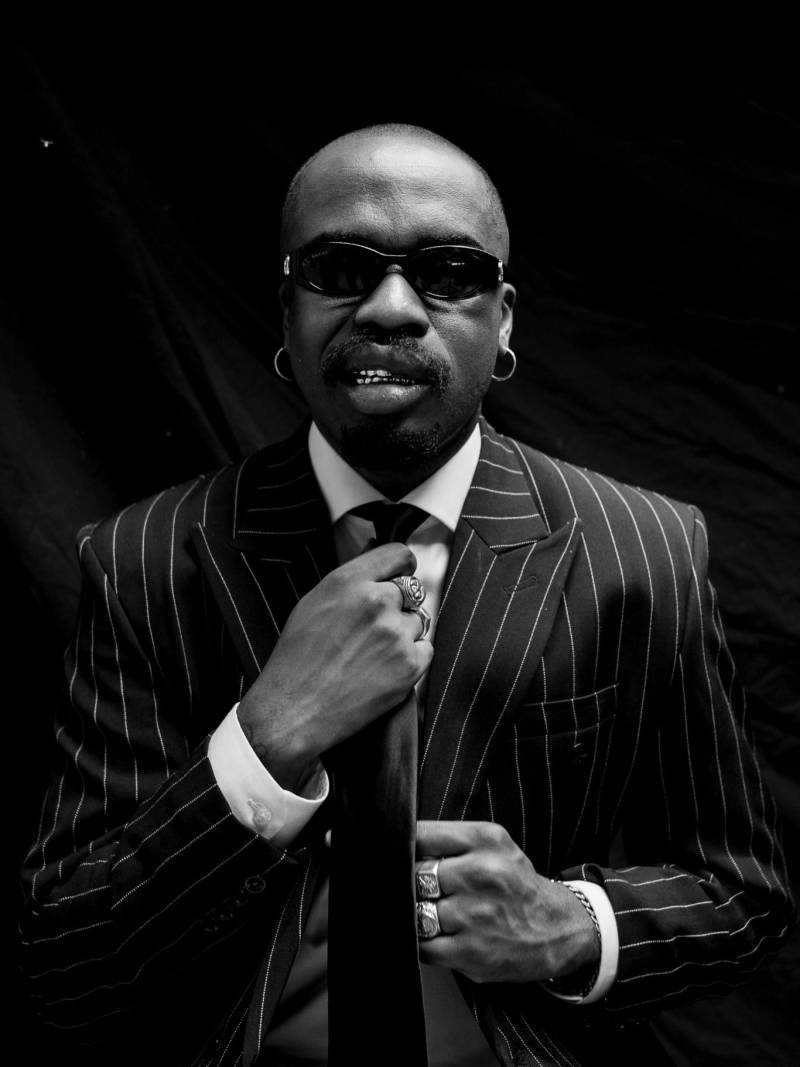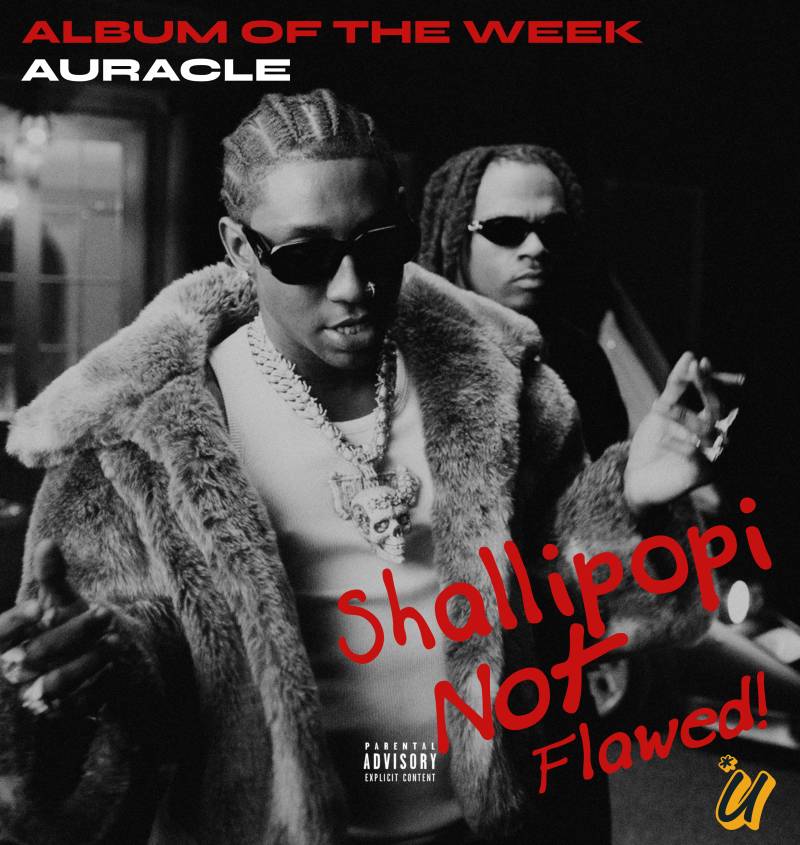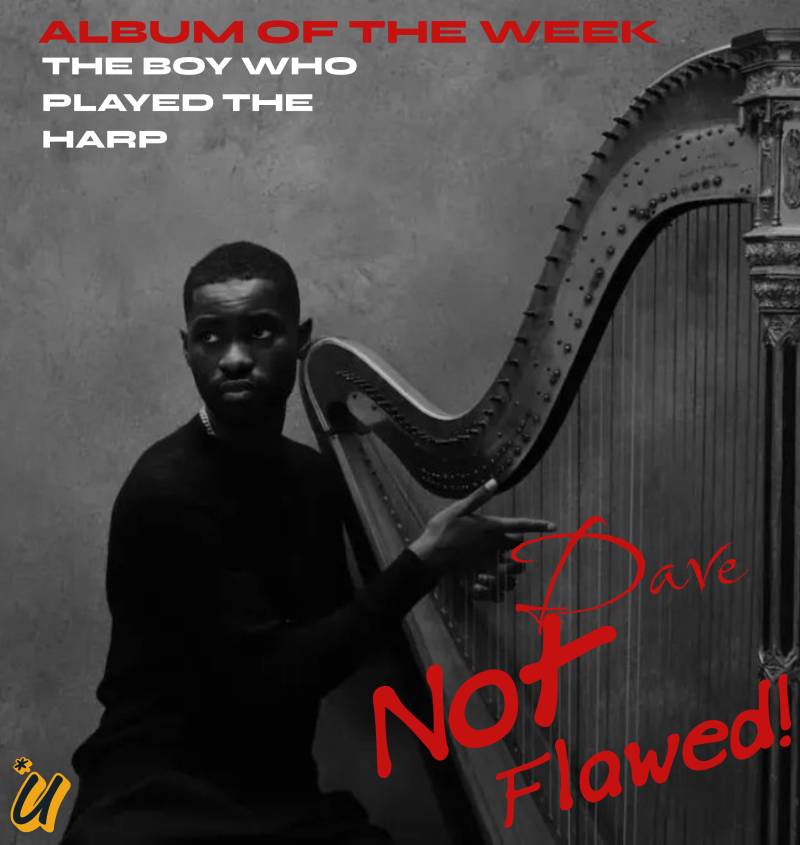African music artists are using personal funds and collectives to invest in startups. Soon, they might launch funds

his April, Black Coffee, the famed South African DJ and record producer whose real name is Nkosinathi Maphumulo, made history at the Grammys. With his seventh studio album “Subconsciously,” he became the first African act to win an award in the Best Dance/Electronic Album category.
His win came when the global appetite for Amapiano, a style of house music that emerged in South Africa, and Afrobeats, a popular music genre that originated from Western Africa, had increased exponentially. It was a much-needed success for the African music scene, and though it didn’t appear so, it was a boost for its tech scene.
Over the past couple of years, there’s been an overlap between tech and art, fueling a growing interest of movie, music and sports stars investing in tech startups. Some of them — including Grammy Award-winning artists such as Jay-Z, The Chainsmokers, Nas and others like Snoop Dogg — have launched various funds to invest in startups in the U.S., Europe and globally.
Thus, for Black Coffee, who backed Andela, a tech talent incubator and unicorn launched from Lagos in 2015, his win meant Africa’s tech scene could, for the first time, brag about having a homegrown Grammy Award-winning artist as an investor in its startups.
What’s pulling African music artists to tech investment?
Before Jay-Z (Shawn Carter) co-founded Marcy Ventures in 2018, he was involved with other businesses such as the legacy entertainment company Roc Nation and champagne brand Armand de Brignac. His music career gave him the resources and access to diversify his financial interests, including in startups, despite the lifestyle contrasts between the tech and entertainment worlds.
One African artist that hasn’t hidden his love for Jay-Z’s entrepreneurial moves, and seems to be adopting the billionaire’s playbook, is Mr. Eazi (real name Oluwatosin Ajibade).
“The main driver for me to go into music was reading a book called ‘Empire State of Mind’ about Jay-Z,” Mr. Eazi told TechCrunch on a call. “I had a passion for music and realized early that the music business would give me access to where I wanted to be. It’s like a way for me to have all the freedom I wanted and still get to the destination of financial independence by making several investments.”
Read Also; DANIEL KALUUYA
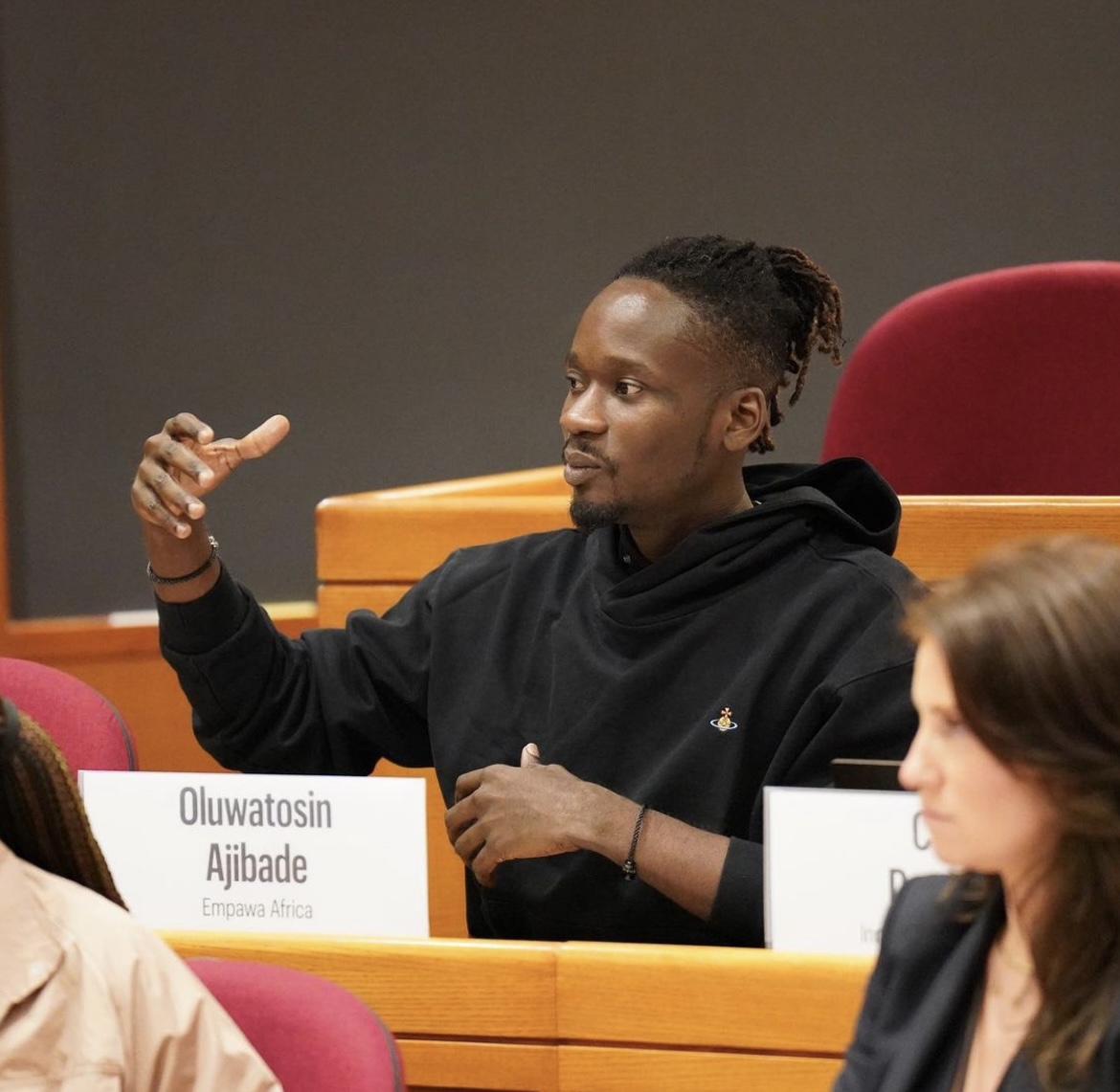
Last August, the popular Afrobeats singer and songwriter made headlines in Africa’s tech circles following his investment in pawaPay, a U.K.-based and Africa-focused mobile payments company through Zagadat Capital. But unlike Jay-Z, Mr Eazi had a tech background before captivating audiences with hit songs like “Skin Tight,” “Hollup,” and “Leg Over” and producing three mixtapes and two EPs during his long music career.
In 2014, Mr. Eazi launched Phonetrader, an online used phone marketplace backed by a now-defunct startup incubator, 440NG, which was run by two investment firms, L5Lab and 88mph. While Mr Eazi learned the ropes of starting a company and scaling products during his time at Phonetrader, he also got to understand investment dynamics from Chika Nwobi, the founder of L5Lab and current chief executive of Decagon, an engineering talent recruitment platform, after attending several investor meetings.
These lessons would prove helpful in 2019 as Mr. Eazi — after building his presence overseas and connections in the U.S., the U.K. and Europe — launched EmPawa Africa, an outfit to accelerate the music careers of young artists. “When I started emPawa Africa, I wanted to experiment with the VC model by investing in many artists,” said the artist who recently completed a program at Harvard Business School.
The agency — which has spun out the likes of Nigerian artiste Joeboy and Ghanaian artiste Kwesi Arthur — now has its tentacles spread in marketing, distribution, publishing, management and finance services for independent artists and record labels. It also white-labels its platform for interested parties that want to invest in African music; for instance, the $20 million African Music Fund (AMF) project in 2020.
Ajebutter22, a Nigerian-based music artist and rapper whose real name is Akitoye Balogun, agrees with Mr Eazi’s philosophy of investing in creatives. According to him, powering artists and people in the creative space should be done in a startup/VC manner. “Some of the investments I’ve made in the music space have been through that mentality of seeing an artist or project as a fast-growing vehicle,” said Ajebutter22 in an interview with TechCrunch.
Like Mr Eazi, the songwriter, well known within the Lagos party scene with hit singles like “Tungba,” grew up interested in tech. In 2013, he flirted with an idea for a platform that could help people pay for songs on their phones. Though it never took off due to lack of funding, the process of getting the project off the ground and reading books like “Zero to One” and “Hard Things About Hard Things” opened the artiste’s mind to the possibilities around tech.
Ajebutter22 would work at Gamsole, a gaming startup, and Cisco before venturing into angel investments in 2020. “It was about owning something bigger than myself, which can be great someday. That was behind deciding to invest in tech,” said the artist who has invested in AltSchool, a talent-matching platform, and Nestcoin, an Africa-focused web3 startup.
From individual checks to launching funds
Personal relationships built over the years have been vital to how Ajebutter22 has made investments, a method ideal for a very early angel investor. For instance, he is a longtime friend of Nestcoin chief executive Yele Bademosi, and he knew Adewale Yusuf, the co-founder and CEO of AltSchool, from his time at Gamsole. The AltSchool investment also recorded participation from another music artist and collaborator, Falz (real name Folarin Falana).
“I think the most important thing when you want to invest is to know the team you’re backing because anything can change at any time. The market size, of course, is extremely important too, but for me, who you’re backing is key,” he said.
If Ajebutter22 plans to change his strategy as he makes more angel investments, setting up a formal structure like Zagadat Capital — which Mr Eazi references as a collective — will be essential.
“Why it seems artists aren’t interested in startup investing is because some still need to take care of their immediate needs; some people might not understand some of the problems being solved,” Ajebutter22 said. “But I also think that more and more artists will be in that space over time. I think African artists are becoming more evolved and exposed, and if one or two success stories happen, it will inspire them to go all in.”
Source; TechCruch
